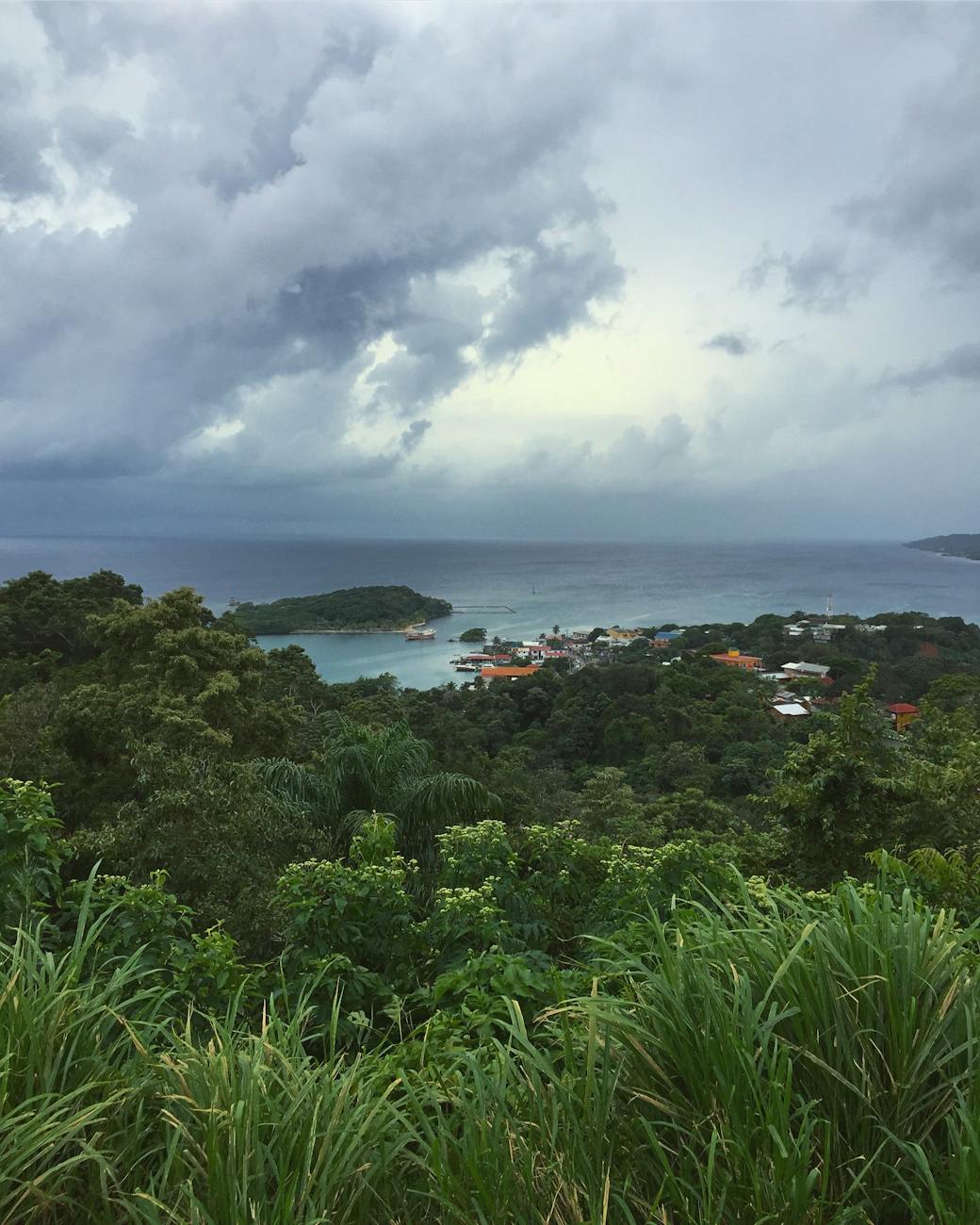In a significant endorsement, 85 progressive economists recently expressed their support for a proposed tax reform in Honduras. They argue that this reform could serve as a blueprint for other countries in the Global South aiming to address economic inequality and prevent tax evasion. The reform’s primary focus is on tightening tax laws for the wealthy and large corporations, thereby curbing the use of Honduras as a tax haven.
The context for this reform is crucial. Honduras has experienced prolonged economic challenges and political instability, exacerbated by neoliberal policies and governance issues under previous administrations. The election of President Xiomara Castro marked a potential shift towards more inclusive policies, aligning with broader global calls for fairer tax systems. The economists supporting the Honduran initiative emphasize the need to tax the wealthiest to generate necessary revenues for public services and infrastructure, which are often neglected in favor of corporate interests.
This reform also resonates with broader global concerns about wealth inequality and tax evasion. Similar issues are observed worldwide, where the wealthiest individuals and corporations often evade their fair share of taxes. The support from international economists underscores the global relevance of Honduras’ approach, which could inspire similar initiatives in other countries grappling with economic disparities and the misuse of tax systems.
Implementing such a tax reform in Honduras could set a precedent for other nations, particularly in the Global South, seeking to build more equitable and sustainable economies. As these economists and policymakers advocate, fair taxation is not just a matter of revenue but a critical step towards social justice and economic stability. The success of this reform could catalyze a broader movement towards tax fairness, challenging the entrenched practices of tax avoidance by the global elite.
For investors and stakeholders in the region, these developments signal a potential shift towards more stable and equitable economic policies, which could create a more predictable and fair business environment. As Honduras embarks on this path, the international community will watch closely to see if this small Central American nation can indeed set a global example.
For more detailed information, you can refer to the original Common Dreams article.

Leave a Reply